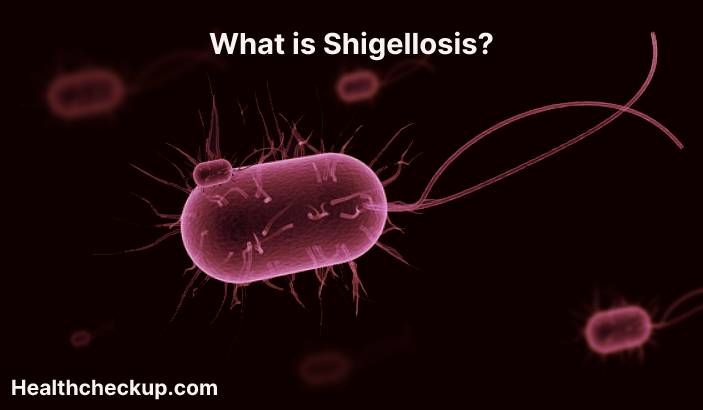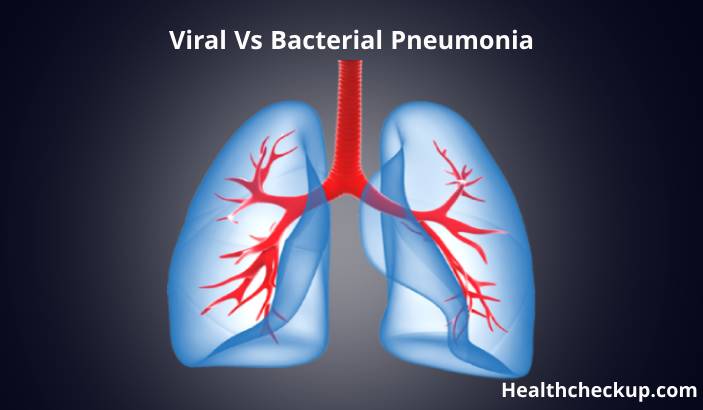Shigellosis is a bacterial infection that is caused by Shigella bacteria. It is a highly contagious disease that is transmitted through contaminated food or water, or through direct contact with infected individuals. Shigellosis can cause a range of symptoms, from mild to severe, and it can lead to complications, such as dehydration, sepsis, and organ damage.
Symptoms of shigellosis may include:
- Fever
- Diarrhea
- Abdominal cramps
- Nausea and vomiting
- Rectal pain
- Blood or mucus in the stool
Diagnosis of shigellosis is typically based on the presence of symptoms and a laboratory test to confirm the presence of the bacteria in the stool.
Treatment of shigellosis typically involves supportive care to prevent dehydration, such as oral rehydration solutions, and medications to control symptoms, such as diarrhea and pain. In severe cases, hospitalization may be necessary to provide fluids and electrolytes intravenously. Antibiotics may be prescribed, but they are not usually recommended for mild cases of shigellosis.
Shigellosis can be prevented through proper food handling and preparation, such as washing hands and utensils frequently, cooking food to the proper temperature, and avoiding cross-contamination of raw and cooked foods. It is also important to practice good hygiene, such as washing your hands frequently, to help prevent the spread of the disease.
If you are experiencing symptoms of shigellosis or have been exposed to contaminated food or water, it is important to seek medical attention as soon as possible. Follow the recommendations of your healthcare provider and public health officials to help protect yourself and others from shigellosis.









